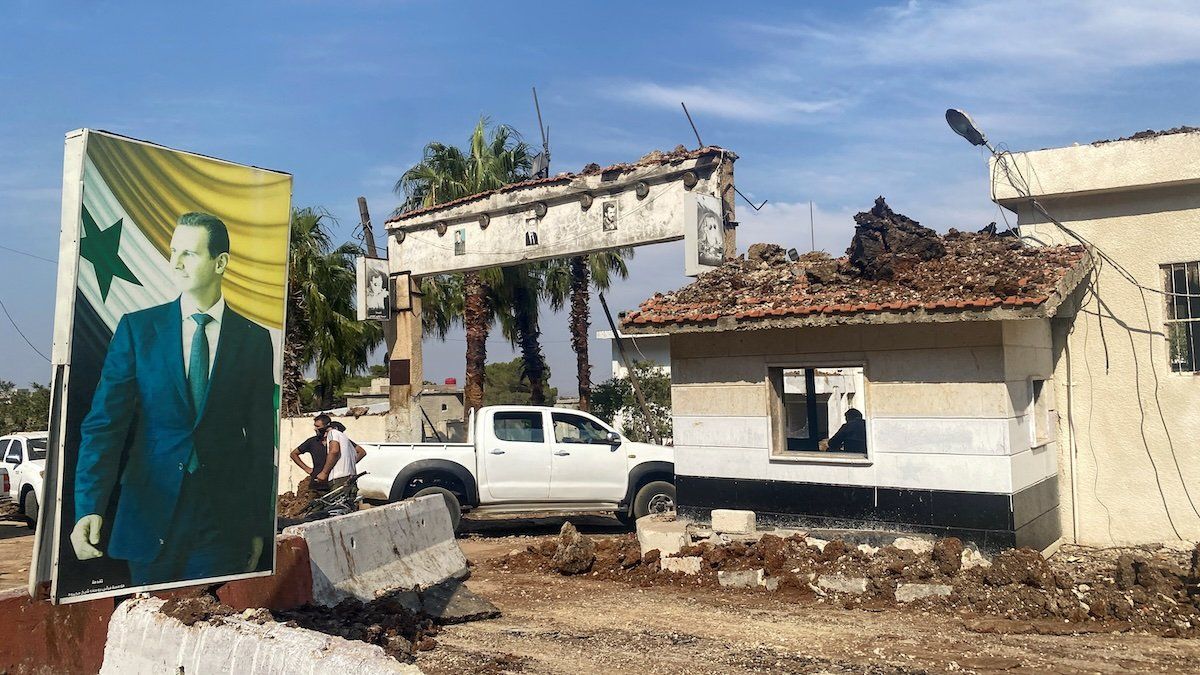Israeli strikes in Syria overnight on Sunday killed at least 18 people and wounded dozens more. The main target appears to have been a facility reportedly used in the development of chemical weapons.
Israel has not confirmed its involvement, but it has routinely carried out attacks in Syria – targeting Syrian government forces and Iran-backed militias – in recent years. The Jewish state generally does not publicly comment on such operations.
These strikes led to a larger death toll than previous attacks and came in the face of rising tensions between Israel and Iran amid the war in Gaza. Israel has been bracing for an attack from Iran in recent weeks, following the late July assassination of a top Hamas leader, Ismail Haniyeh, in Tehran. It was thought that Iran would respond harshly and swiftly to that attack, but it’s held off so far.
What’s Israel playing at? Israel probably feels somewhat emboldened given the lack of a quick, significant Iranian response to Haniyeh’s assassination — and the Jewish state is likely to continue to take action against threats in the region “where Israel knows that the risk of retaliation is not great,” says Eurasia Group senior analyst Omar Monieb.
The strikes also came as Israeli Prime Minister Benjamin Netanyahu faces rising domestic calls to secure a cease-fire deal with Hamas to bring hostages home – and they could be an attempt to ease that pressure. They help Netanyahu’s government show that even if it’s “not successful in striking a deal, it is successful in eliminating threats” to Israel elsewhere, says Monieb.
